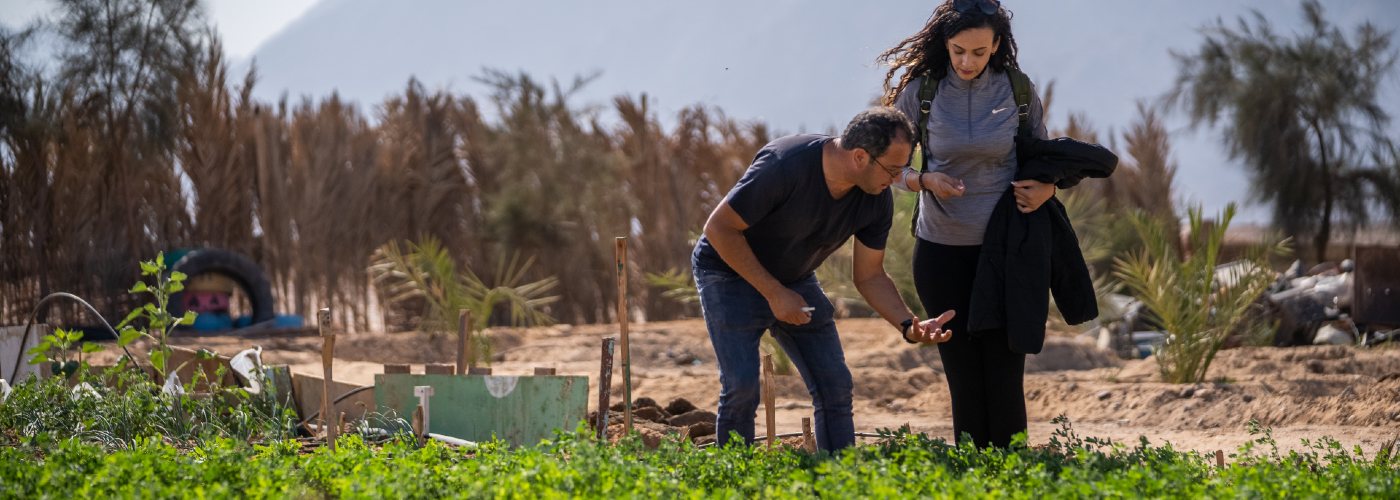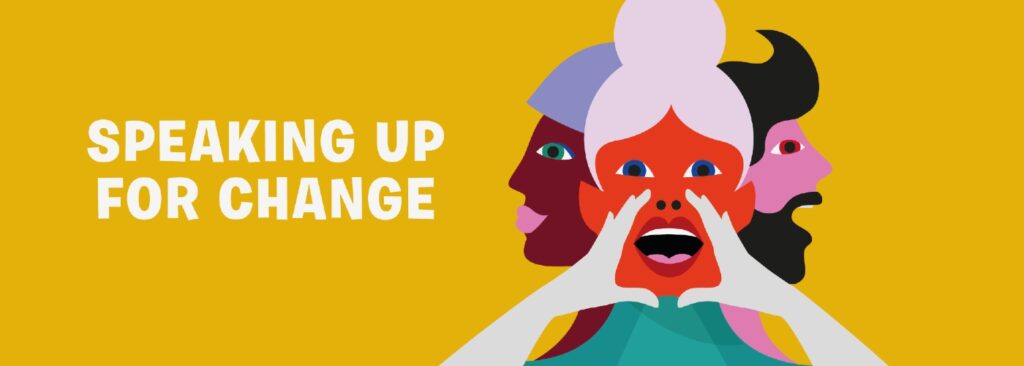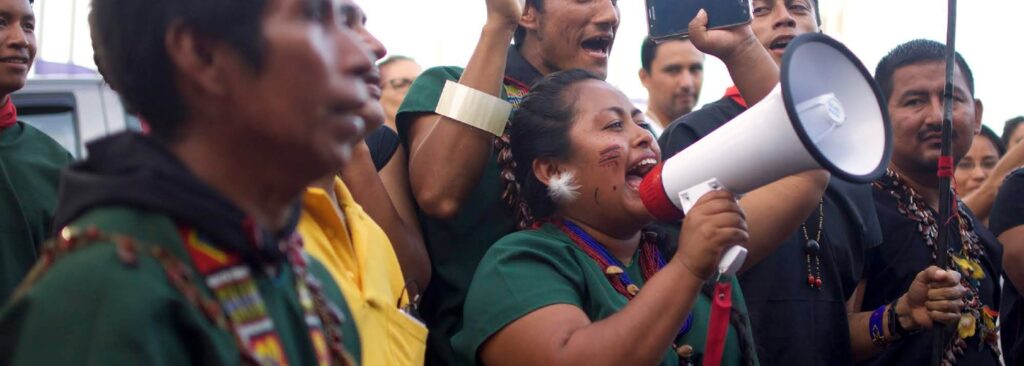On the eve of Human Rights Day, ABN AMRO hosted its 8th International Human Rights Conference in Amsterdam. The event was dedicated to “A Just Transition” and the role that companies and financial institutions should play in ensuring that a future zero-carbon world is also a fair and inclusive one.
Hivos CEO Anne Jellema joined Ruth Kronenburg, Executive Director of Free Press Unlimited, and Joost Bastmeijer, Africa correspondent for the Dutch newspaper the Volkskrant, in a panel to highlight the important role of people on the frontlines of the climate crisis. Although women, young people, Indigenous groups, and poor city dwellers are least responsible for climate change, they are facing the heaviest impacts. But many of them are also doing the most to keep our planet liveable.
A stark fact about climate finance
Diederik Samsom, Head of Cabinet for Executive Vice-President of the European Commission Frans Timmermans, and coordinator of the European Green Deal, opened the conference. He had a blunt warning: “It’s by no means a given that the zero-carbon transition will be socially just. In fact, all previous major transitions in history have concentrated more wealth and more power in the hands of a few.”
Anne Jellema confirmed that this is what Hivos sees unfolding in the communities where it works. “Climate change is already deepening poverty and depriving millions in the Global South of their homes, livelihoods and even their lives. Yet those most directly affected by the crisis have the least say in decisions about how to tackle it, and receive the fewest resources to fight it. According to IIED, less than 10% of climate finance directly benefits communities on the frontlines of the climate emergency,” she said.
Locally-led climate action is crucial in a just transition
But climate-vulnerable communities don’t see themselves as victims. They are already building local-level green alternatives that reduce inequality and advance human rights as well as helping the planet. Supporting their change-making efforts could and should be a crucial part of a just transition.
Anne gave examples of locally-led climate action supported by Hivos that could be replicated and expanded as part of a just transition. “Our ENERGIA program has empowered women renewable energy entrepreneurs to provide affordable energy access to over 4 million people. We’re supporting young green entrepreneurs in the Middle East and North Africa who are tackling everything from plastic waste to water shortages. We enabled
Indigenous communities in the Amazon to combine their traditional knowledge with 21st century technology to track illegal deforestation, saving 79,000 hectares of rainforest from oil exploration,” she told the audience.

But as exciting as these initiatives are, they are dwarfed by the continuing flow of government subsidies and private investment into planet-destroying industries, particularly fossil fuels and deforestation commodities. “For example,” Anne noted, “Indigenous people and local communities received about $1.7bn to protect tropical forests in 2020 – while in the same year, over $37bn went to agribusiness industries that are cutting down thousands of hectares of tropical rainforest every week. The relentless expansion of plantation agriculture and extractive industries not only speeds up ecosystem destruction, but also exacerbates poverty and inequality, and crowds out locally-led, socially inclusive green solutions.”
“Now it is time to put people and planet before profit.”
Deforestation and fossil fuels
Finally, it came time to address the elephant in the room. Dutch banks, pension funds and insurance companies are among the world’s leading financers of deforestation and fossil fuels. “Conference sponsor ABN AMRO has shown commendable leadership by ending direct financing for new oil and gas exploration. But like other Dutch banks such as ING, it continues to finance existing fossil fuel extraction and the companies that profit from it. Even the Dutch government has been supporting fossil expansion through its Export Credit Agency, with 10 new fossil projects under consideration for 2023,” Anne pointed out.
Her challenge to the finance sector representatives: the climate emergency requires you to put people and planet before profit. “As the saying goes, there are no profits on a dead planet.”
Human rights at the center of corporate responsibility
Hivos thanks ABN AMRO for facilitating this dialogue about the very real challenges of ensuring a “just transition” that is economically, environmentally and socially sustainable for the whole world and not just for Europe. We applaud the statement by Robert Swaak, CEO of ABN AMRO, that the bank will continue to raise its ambition in this field. And we look forward to holding further conversations with ABN AMRO and other finance institutions about effectively accelerating socially inclusive climate action.
Watch the full event here: link.






